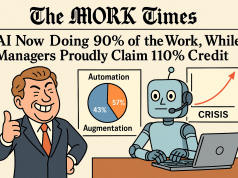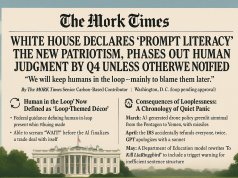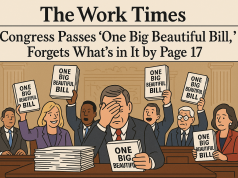In the ever-evolving landscape of employment and recruitment, one aspect remains constant – the significance of a good resume. However, the traditional resume as we know it is undergoing a remarkable transformation. The inception of LinkedIn and other professional networking platforms has sparked a debate on the relevance of traditional curriculum vitae (CVs). As a Remote Work and Digital Leadership Expert, I delve into the heart of this transition, examining if LinkedIn profiles are indeed eclipsing the conventional resume.
In this digital era, LinkedIn has emerged as a mammoth repository of professional stories, transforming how job seekers present their credentials and how employers scout for talent. The platform’s seamless blend of professional networking, personal branding, and resume-like functionality offers a dynamic approach to career development. But does this mean that traditional resumes are heading towards extinction?
To answer this, we must consider the hiring process’s changing landscape. Digital profiles provide instant access to a candidate’s work history, recommendations, and skill endorsements. A LinkedIn profile also serves as a real-time, constantly updated version of a person’s career journey, which is highly attractive to recruiters who seek the most current information.
To provide a well-rounded perspective, I conducted interviews with HR professionals, recruiters, and job seekers. One HR manager stated, ‘While LinkedIn profiles offer a broad overview, there’s still a need for the detailed storytelling and personal touch that a traditional CV provides.’ A recruiter added, ‘LinkedIn is a starting point, but a well-crafted resume can make a candidate stand out in a sea of profiles.’ Conversely, a job seeker mentioned, ‘Creating a powerful LinkedIn profile accelerated my job search, allowing me to connect with industry leaders and opportunities that weren’t advertised elsewhere.’
Despite the enthusiasm for digital profiles, the issue of privacy and authenticity arises. LinkedIn profiles are public, making personal information accessible to many, which can be of concern. The authenticity of endorsements and skills has also been questioned, as the platform allows anyone within a network to endorse without validating their claims.
Moreover, the digital divide cannot be overlooked. Not all job seekers have equal access to digital resources or the proficiency to craft compelling online profiles. This disparity could lead to inequalities in the job market, favoring those with a strong online presence over potentially qualified candidates who lack digital savviness.
In conclusion, while LinkedIn and similar platforms are redefining the concept of professional documentation, they do not wholly replace the nuanced, comprehensive narrative a traditional CV provides. Both job seekers and employers must adapt to this mixed landscape, balancing the immediacy and network breadth of digital profiles with the depth and personalized detail of a CV. As we navigate this new normal, preserving the essence of one’s professional story is key, irrespective of the medium through which it is conveyed.



























